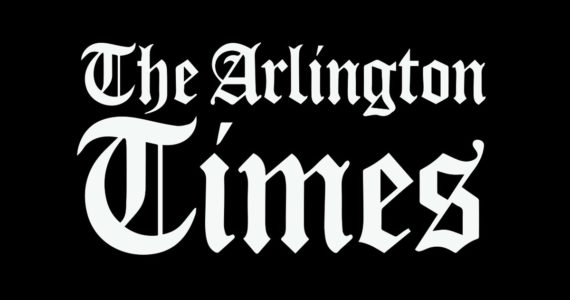We’re done! The second special session of your citizen Legislature ended on June 29. All totaled, it took state lawmakers 153 days to complete their work. While no one is proud of the extra time it took to pass the operating and capital budgets, and some meaningful reforms, we can say it resulted in thoughtful, bipartisan public policy that is good for our state.
In recent weeks, I have heard from administrators and health care workers who operate small hospitals in rural areas across the state, and from those within the 39th District, which includes United General Hospital in Sedro-Woolley, Valley General in Monroe, and Cascade Valley in Arlington. They are concerned with proposed cuts in the governor’s supplemental budget plan for reimbursement of care for Medicaid and Medicare patients.
All eyes of state government will be fixated on the state’s economic and revenue forecast when it is released Thursday, Sept. 15. This forecast not only predicts the direction of Washington’s economy by using complicated formulas and indicators, but it also projects incoming revenue to the state based upon the economy and consumer spending. The state budget is built using those revenue projections.
As a member of the House Transportation Committee, I am often asked how the Legislature can spend millions of dollars on highway projects when it cannot afford to pay teachers. The answer is simple. Money spent for state and local highways, ferries, motor vehicle registration and enforcement comes from the state transportation budget. Its primary sources of funding are the state gas tax and license fees.
One of the greatest barriers to private-sector job growth in Washington has been the high cost of workers’ compensation. In January, the Department of Labor and Industries increased workers’ compensation premiums by more than 12 percent. This was after a 7.6 percent rate increase the previous year. In fact, since 2001, workers’ compensation rates have increased for employers nine times.
Back in 2005, forecasted revenue was projected to be $1.7 billion higher than the previous biennium. Gov. Chris Gregoire signed a budget that spent nearly a billion dollars more than the state was taking in — despite an increase of incoming revenue. She did that knowing full well that the Legislature was overspending. “I don’t like it. It’s not sustainable. It’s what’s wrong with the budget in the state of Washington,” said Gregoire.
Several people have asked me why I and my fellow House Republicans recently swam against the tide and voted against a $360 million budget reduction bill. The answer is “education.”
With four months remaining in the state’s 2009-2011 fiscal cycle, House Bill 1086 was put forward to help close a $600 million shortfall in the current budget which runs through June 30.
Just days before the Legislature’s scheduled March 11 adjournment, lawmakers are finalizing the state’s operating, capital and transport- ation budgets,…
Many see the recent election of Massachusetts Republican Scott Brown as a referendum on President Obama’s federal health care bill….
Recently in South Carolina, the first shovel of dirt was turned on the construction of a new plant for the…

